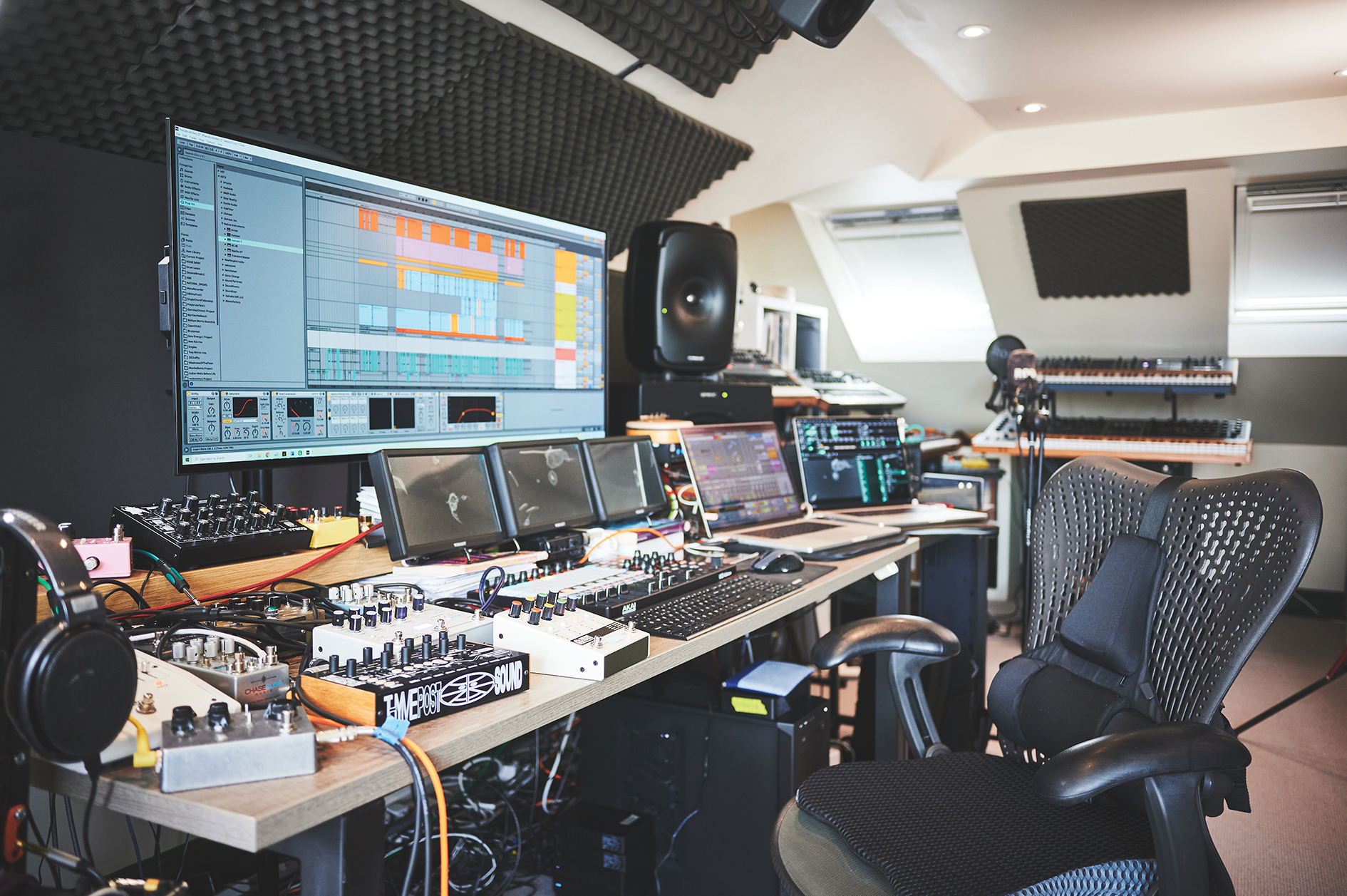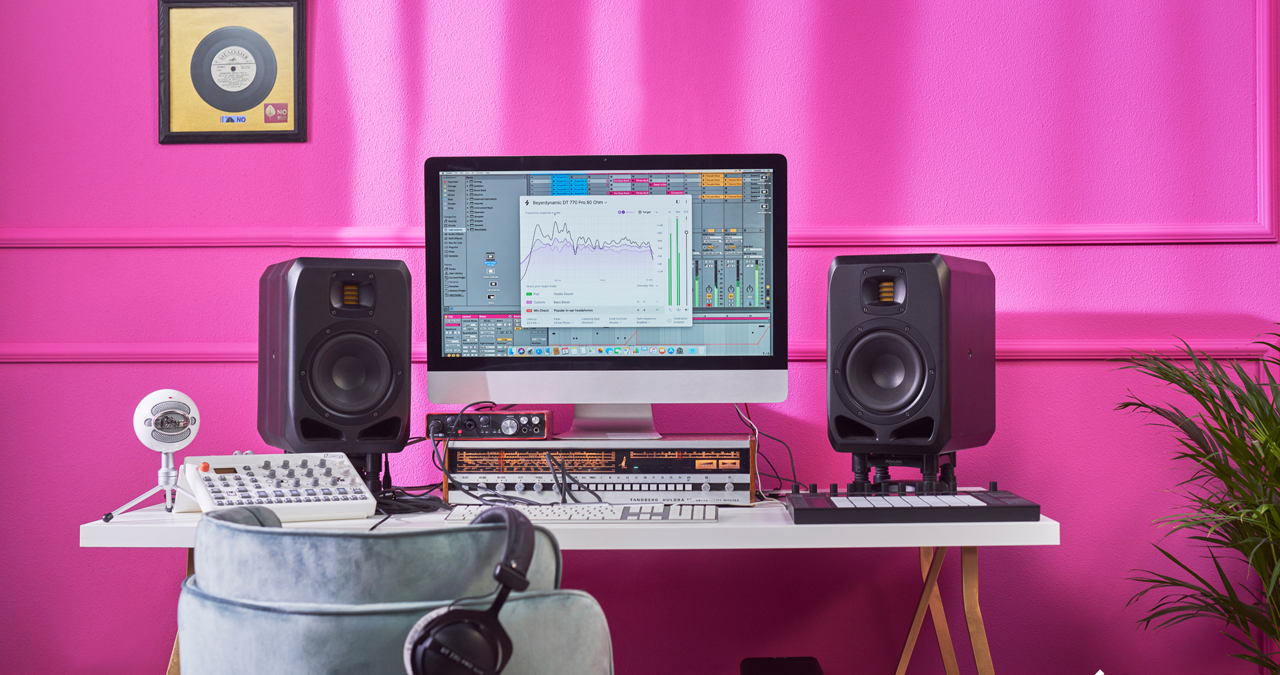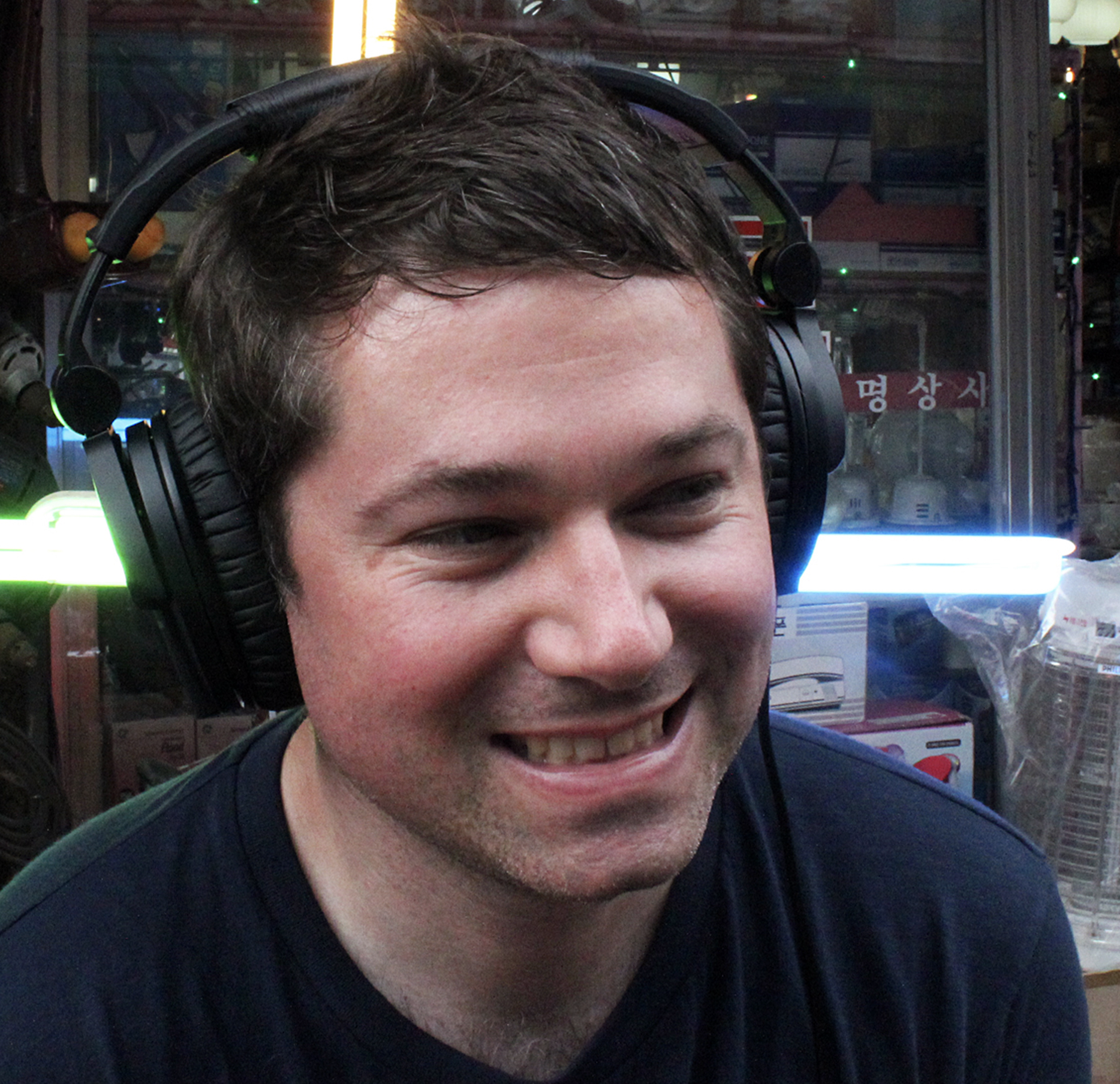“We're talking about measurable increases in dopamine, reduced anxiety, and better emotional resilience”: Why making music is actually good for you
AI is pushing us to cut corners, but the evidence is very clear: playing and making music is a powerfully healthy activity, one that humans evolved to do
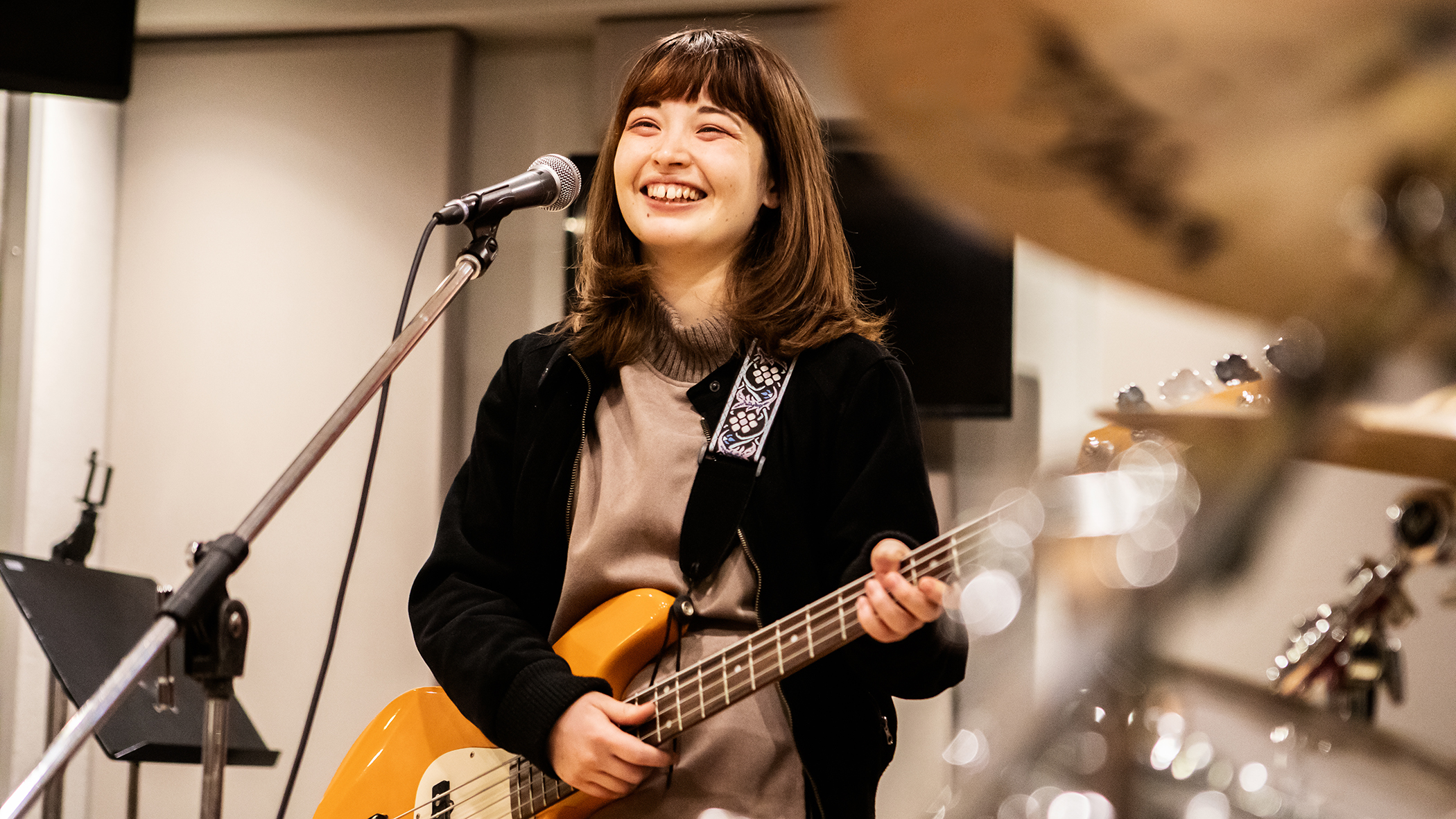
Want all the hottest music and gear news, reviews, deals, features and more, direct to your inbox? Sign up here.
You are now subscribed
Your newsletter sign-up was successful
In early 2025, Mikey Shulman, the CEO of generative music platform Suno, made headlines when he stated: “It’s not really enjoyable to make music now.”
Shulman went on to complain that it takes a lot of time and practice to develop a talent for an instrument or piece of music software, making the preposterous claim that “the majority of people don’t enjoy the majority of the time they spend making music.”
It’s clear that Shulman was only trying to drum up business for Suno, which takes not only the ‘drudgery’ out of making music, but the human being as well. Of course, he’s wrong about it not being enjoyable; ask any musician or producer. But he’s also fundamentally misguided, in that making music is about as human an activity as they come. Music, whether listening or playing or making, is part of who we are as human beings—and the health benefits that these activities bestow on us are profound.
“People find solace, stress relief, energy and relaxation in the music they engage with,” says music therapist Claudia Gruber. “Whether you write a song to process a situation, listen to a playlist that helps you fall asleep, or feel a sense of community and catharsis when attending a concert, music is transformative.”
"Throughout history, humans used music to process emotions, connect with each other, and honour transitions”
The fact that music is so special to us is not an accident; it’s the result of hundreds of thousands of years of human evolution. “Throughout history, humans used music to process emotions, connect with each other, and honour transitions,” explains musician and sound therapist Clara Venice. The oldest discovered musical instruments date back 40,000 years to the Stone Age, with scientists believing that music evolved alongside language to improve communication and social bonding among tribal groups.
According to Psychology Today, “singing and drumming together released neurochemicals like oxytocin, dopamine and endorphins, inducing positive emotions that strengthened social cohesion. This allowed groups to cooperate better in hunting, foraging, childrearing and protection against outside threats.”
Music contributed to our survival as a species. If we could make music together, we could support each other, work together and defend our group. “Natural selection then embedded the capacity for music into our biology,” the author concludes.
Want all the hottest music and gear news, reviews, deals, features and more, direct to your inbox? Sign up here.
We’ve carried these evolutionary markers into the present day. Although we no longer need music so much for survival, we can still benefit from the same positive neurochemical changes that happen when we interact with music. In fact, our brains seem to be wired at birth to link music with positive emotions.
While enjoying music can make us happy—just try and not make a bass-face when a monster tune drops—there are many other positive health benefits to listening than just grinning like a madman.
“We all use music to regulate our moods—whether it’s to relax after a day’s work, cope with the tedium of commuting, celebrate, mourn, or get through mundane tasks”
Music can stimulate your brain and make you more susceptible to learning, according to doctors at John Hopkins. It can also improve memory, help regulate or improve mental health, and affect mood by lowering anxiety and keeping symptoms of depression at bay. There are also proven benefits for your body, with heart health, pain management and more well-documented.
We may not even realize that we’re being healed by music as we gravitate towards it naturally. “We all use music to regulate our moods—whether it’s to relax after a day’s work, cope with the tedium of commuting, celebrate, mourn, or get through mundane tasks,” comments music therapist Graeme Sacks.
It’s not only music listening that offers benefits for health and wellbeing, though. As we’ve seen, we evolved to make music, so it follows that music creation and performance would produce the same kind of positive effects, if not greater.
Speaking to Roland, Dr Jonathan Savage outlined a number of different ways that playing an instrument can be good for anyone, regardless of their skill as a musician. “Music making can benefit everyone”, he stresses. “It’s not just for the talented instrumentalist, amateur songwriter or motivated youngster.”
Speaking of youngsters, the first category he mentions is related to a number of different developmental areas in children, including perceptual, literacy and numeracy skills. It can also assist in language acquisition. Another study referenced shows that engaging in music-making can improve general levels of intelligence, with links between “musical training and improvements in spatial-temporal reasoning,”
As you might expect from something that evolved to foster group cohesion, there’s evidence that playing music with others can increase feelings of community and cultural belonging. If you’ve ever joined into a singalong or played as part of a band, this will be immediately apparent.
The benefits of interacting with music aren’t limited to just playing an instrument. Music production has its share of positives too. Says Clara Venice: “The research is crystal clear on this: active music creation delivers exponentially greater wellness benefits than just listening. We're talking about measurable increases in dopamine, reduced anxiety, better emotional resilience.”
"The research is crystal clear on this: active music creation delivers exponentially greater wellness benefits than just listening"
According to the NR Times, a publication covering neurological conditions, studies have demonstrated that “producing music improves various aspects of wellbeing, including reducing mental distress and enhancing social engagement.” Songwriting can also aid in the healthy expression of thoughts and feelings while providing a whole host of other benefits, including social interaction.
One of the most dramatic demonstrations of the power of music to heal is in music therapy, a psychological practice that uses music to support people in different aspects of their lives.
“A trained music therapist uses music in various ways to help people, depending on their needs,” explains Graeme Sacks. “The goal isn’t to make ‘pretty’ music, but rather to accept all forms of musicking as valid and part of the process.” Musicking refers to the act of making music, and it’s through this process that the patient can achieve their therapeutic goals.
While everyone can regulate their mood by listening to music, music therapy offers far more than just an emotional pick-me-up. “Music can be therapeutic, yes, but it's not necessarily the same as formal music therapy, which must be facilitated by a board-certified music therapist,” clarifies Claudia Gruber. Therapists use music as a tool to help people with self-expression and identity, in managing their relationships with others, and developing and maintaining physical skills.
Interestingly, music therapy can also make use of modern technology like DAWs. “I love using DAWs and technology in music therapy,” says Claudia. “As someone who focuses a lot of my music therapy work and projects on songwriting, I often gravitate towards using software such as Logic Pro or Garageband in my sessions as an aid for creating original music with others.”
Graeme also uses DAWs and software in his sessions with clients. “Before I became a music therapist, I was a gigging musician with a home studio for around 30 years, so I’m comfortable using DAWs and technology. I have prepared templates with various VSTs, a drum loop, and perhaps a simple chord progression. I then build a song with a client, collaborating, intervening or assisting where needed.” This could include Cubase or even the Android app Koala Sampler, which Graeme says kids seem to love, “to quickly put together a song using voices and objects around the room.”
However, Graeme says, the goal is not to complete a song but rather to work therapeutically with the technology: “In therapy, the process is more important than completing a song or producing a great piece of music. My goals are always therapeutic, rather than teaching music or creating a product. I see technology as a way to add more tools to assist with the process.”
Beyond the therapeutic sphere, the worlds of music and wellness have grown increasingly intertwined in recent years. Just look at the explosive popularity of ambient playlists on services like Spotify for proof, or Roland’s recently announced Mood Pan, which is as much a meditation aid as it is a musical instrument.
"There's no real difference between a singing bowl and a well-designed synthesizer. It's all about intention"
Musician Clara Venice is passionate about wellness in music, and sees a lot of room for improvement in the way that music is marketed and presented. “As someone who's both conservatory-trained and certified in sound therapy,” she notes, “I can tell you there's no real difference between a singing bowl and a well-designed synthesizer. It's all about intention. The music tech industry already has the tools to create genuine wellness experiences. We just need to design for nervous system support instead of just ear candy.”
One way this can happen is through a new kind of synthesizer preset creation, one that considers producers’ moods and emotions. “I think designing presets with different life scenarios in mind could really help people see how electronic music and wellness naturally belong together,” she explains. “Instead of just thinking about studio settings, what if we created presets for actual moments in people's lives?” She suggests presets designed for morning routines, or sounds named for emotional states rather than simply musical genres.
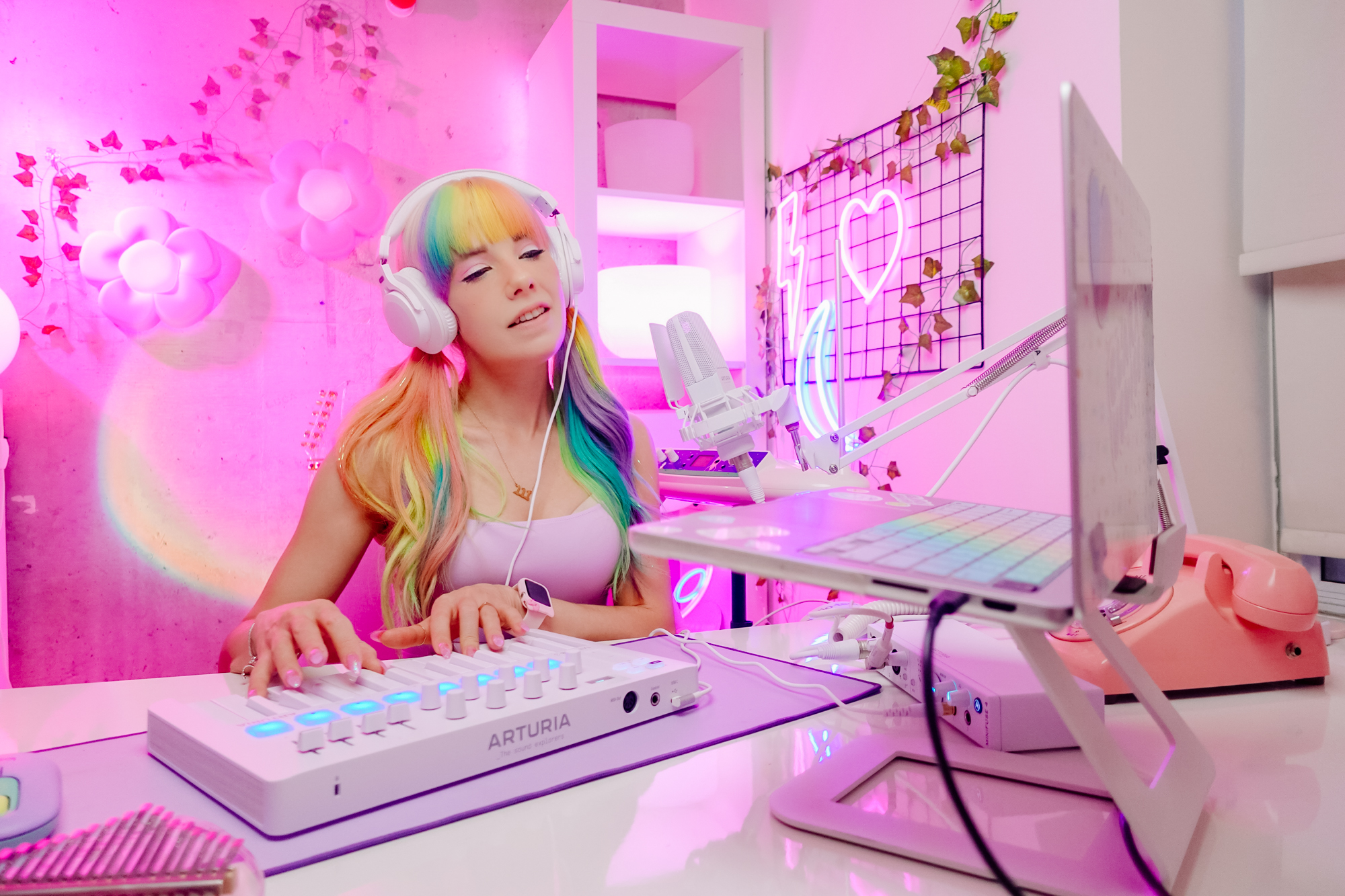
“Right now I'm working with Playtime Engineering on exactly this: a preset pack for their MyTracks sequencer called ‘Dream Machine,’ launching later this year,” she offers. “It's full of soft, dreamy sounds perfect for bedtime routines, essentially turning their new sequencer into a modern music box for the chronically online and overstimulated.”
It’s clear that engaging with music—whether playing it, producing it or just listening to it—imparts a large variety of health benefits, both mental and somatic. Chinese philosopher Confucius cottoned on to this thousands of years ago when he said that “music produces a kind of pleasure which human nature cannot do without.”
So why are we in such a rush to hand it over to AI? While artificial intelligence can be a handy tool, helping us to mix songs, choose chord progressions and other assistant-like tasks, ignoring all of human evolution and throwing away something that gives us such joy seems like a terrible idea.
When asked how he feels about using AI to generate music, Graeme states, “I am conflicted about this issue. I value the process of making music more than the outcome.” This is something that we could all do to think about a little more. While capitalism may insist that we finish song after song, with streaming models rewarding quantity over quality, in the rush to monetize our passion we may also be abandoning our own wellbeing.
Although speaking specifically about music therapy, Claudia’s thoughts on AI and music are broadly applicable as well: “Playing, singing, and developing lyrics allow individuals to explore ideas and musical skill. Selecting instrumentation, beats, production techniques like EQ and sound effects provides opportunity for choice, control and agency. And finally, a finished product is like the icing on the cake. It results in that feeling of self confidence and pride—pride because they were the leaders in their song creations.”
Be the leader in your song creations. Your body, mind and heart will thank you for it.
Adam Douglas is a writer and musician based out of Japan. He has been writing about music production off and on for more than 20 years. In his free time (of which he has little) he can usually be found shopping for deals on vintage synths.
You must confirm your public display name before commenting
Please logout and then login again, you will then be prompted to enter your display name.
